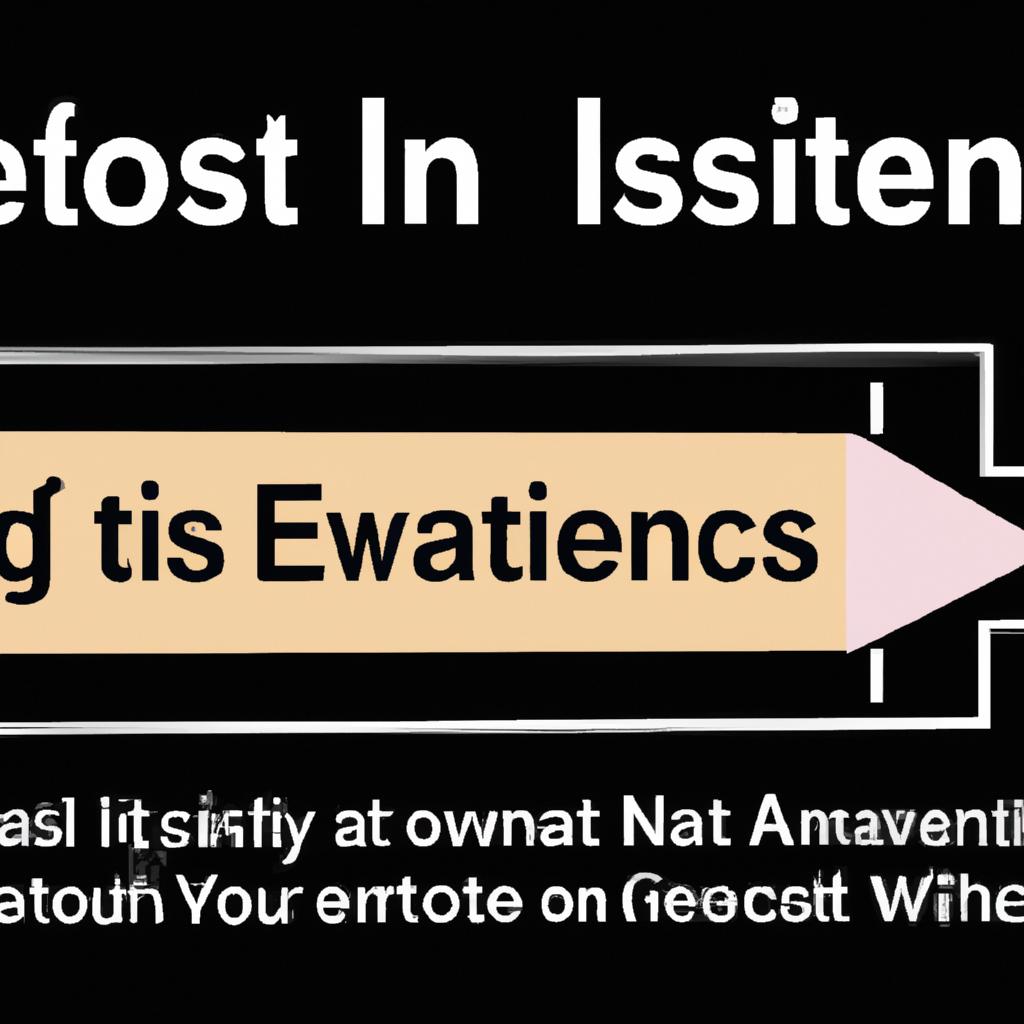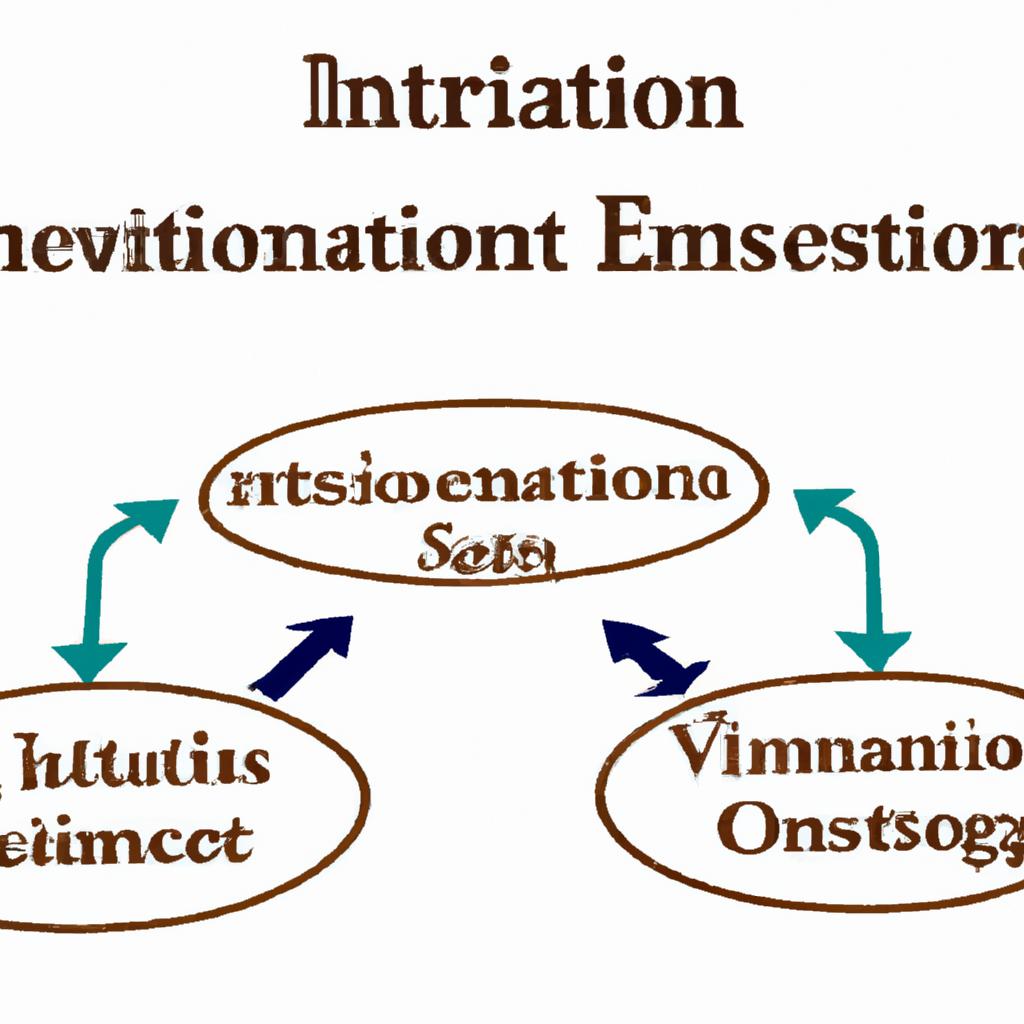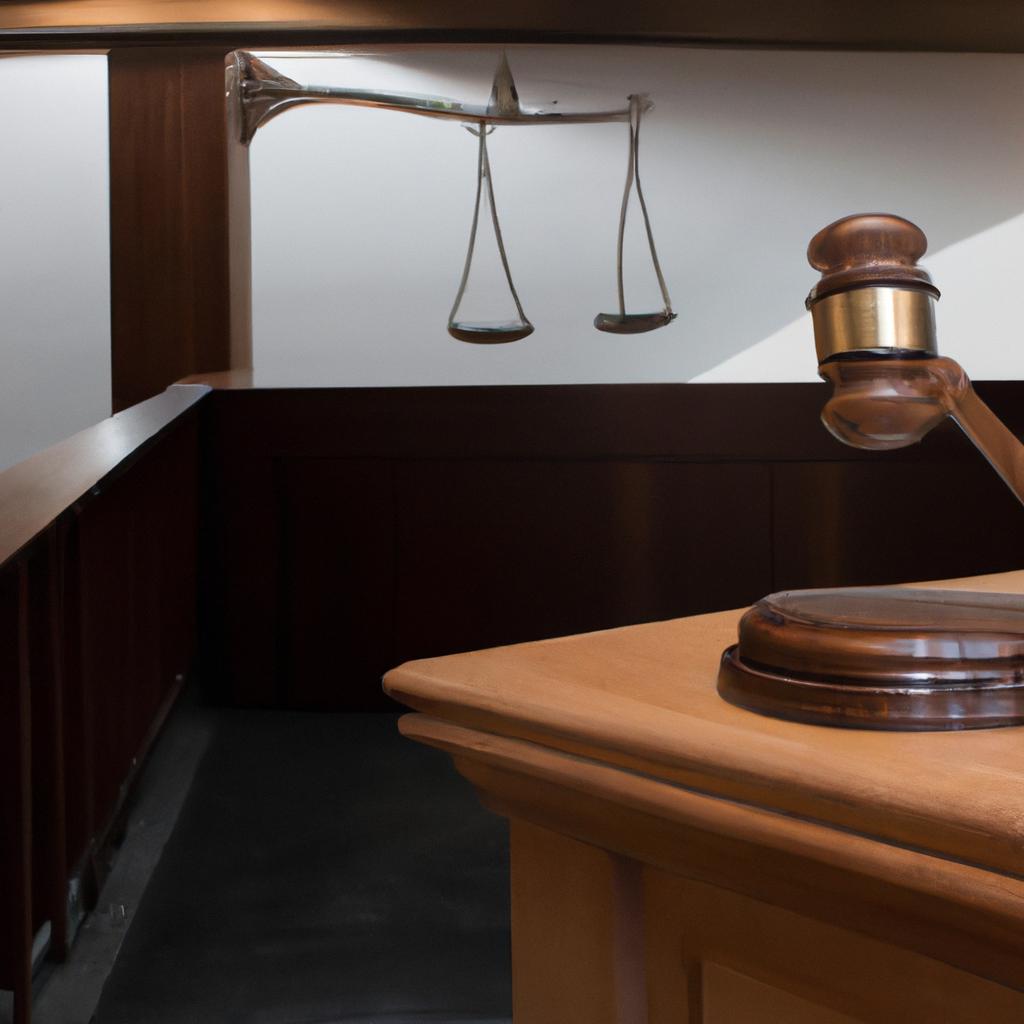Intestacy laws provide a framework for distributing the assets of individuals who pass away without a valid will. As experienced legal professionals at Morgan Legal Group in New York City, we specialize in navigating the complexities of intestate succession to ensure that your loved ones are taken care of according to the law. In this article, we will delve into the intricacies of intestacy, shedding light on the often misunderstood legal implications of dying without a will.
Understanding the Concept of Intestates in Estate Planning
When it comes to estate planning, understanding the concept of intestates is crucial. Intestates refer to individuals who pass away without a valid will in place. This can lead to a complex legal process known as intestate succession, where the state determines how the deceased’s assets will be distributed.
In the absence of a will, the state’s laws will dictate how the estate is divided among surviving family members. This process can be lengthy and costly, often resulting in assets being distributed in a way that may not align with the deceased’s wishes. To avoid intestate succession, it is important to work with an experienced estate planning attorney to create a comprehensive will that clearly outlines how you want your assets to be distributed upon your passing.

Implications of Dying Intestate: What Happens to Your Assets
When an individual passes away without a valid will in place, they are said to have died intestate. In such cases, the distribution of their assets is determined by the laws of the state in which they reside. This can have significant implications for the individual’s loved ones, as their wishes may not be carried out as they had intended. It is crucial for individuals to understand the consequences of dying intestate and to take steps to ensure that their assets are distributed according to their wishes.
One of the key implications of dying intestate is that the state will determine how the individual’s assets are distributed. This may not align with the individual’s wishes, and could result in family conflicts and disputes over the distribution of assets. Additionally, dying intestate can lead to higher estate taxes and administrative costs, as the process of probate may be more complex and lengthy. By creating a valid will and estate plan, individuals can ensure that their assets are distributed according to their wishes and avoid the potential pitfalls of dying intestate.

Key Considerations When Dealing with Intestacy Laws
When dealing with intestacy laws, there are several key considerations that must be taken into account to ensure a smooth and efficient process. One of the most important factors to consider is the distribution of assets according to state laws. In the absence of a valid Will, assets will be distributed based on intestacy laws, which may not align with the deceased individual’s wishes.
<p>Another crucial consideration is the appointment of an administrator to handle the estate. In cases of intestacy, the court will appoint an administrator to manage the estate and ensure that debts are paid and assets are distributed according to the law. It is important to carefully choose an administrator who is capable and trustworthy to handle these responsibilities.</p>

Navigating the Complexities of Intestate Succession Process
When a loved one passes away without a will, their estate enters the intestate succession process, which can be quite complex and overwhelming. As experienced estate planning attorneys, we at Morgan Legal Group have navigated countless intestate cases, helping families understand and navigate the legal complexities involved.
During the intestate succession process, the distribution of assets is determined by state law, which can vary significantly depending on the jurisdiction. This can lead to disputes among family members and additional stress during an already difficult time. Our team of legal experts is here to guide you through the process, ensuring that your loved one’s assets are distributed fairly and in accordance with the law. Let us help you navigate the complexities of intestate succession with confidence and peace of mind.
Q&A
Q: What is an intestate?
A: An intestate is a person who has passed away without leaving a valid will.
Q: What happens to the estate of an intestate individual?
A: The estate of an intestate individual is distributed according to the laws of intestacy in the jurisdiction where the individual resided.
Q: Who inherits the estate of an intestate individual?
A: The estate of an intestate individual is typically inherited by their closest living relatives, such as spouses, children, parents, or siblings.
Q: Are there any disadvantages to dying intestate?
A: Dying intestate can lead to complications and disputes among family members, as well as the possibility of assets being distributed in a way that the deceased individual may not have intended.
Q: How can someone avoid intestacy?
A: To avoid intestacy, individuals should create a valid will outlining their wishes for the distribution of their assets after their passing. It is also important to regularly update and review the will to ensure it accurately reflects their current wishes.
The Way Forward
In conclusion, intestacy is a complex concept that can have significant implications for individuals and their loved ones. It is important to be aware of the laws surrounding intestate succession and to take steps to ensure that your assets are distributed according to your wishes. By seeking legal advice and drafting a will, you can avoid the uncertainties and potential conflicts that can arise in the absence of a clear estate plan. Remember, it’s never too early to start planning for the future. Stay informed, stay prepared, and take control of your legacy.
 Title: Understanding Intestates: What Happens When Someone Dies Without a Will
Title: Understanding Intestates: What Happens When Someone Dies Without a Will
Meta Title: Intestates: Exploring the Laws and Consequences of Dying Without a Will
Meta Description: Confused about intestates? This comprehensive guide explains what happens when someone passes away without a will, and the legal process that follows. Learn about intestate laws, distribution of assets, and how to avoid such a situation.
Keywords: intestates, dying without a will, intestate laws, distribution of assets, legal process
Intestates are individuals who pass away without a valid will in place. The word intestate comes from the Latin word “intestatio” which means not having made a will. This means that the distribution of their assets and properties will not be guided by their wishes but by intestate laws instead. The thought of dying without a will can be daunting, but it’s important to understand the legal process that follows. In this guide, we will dive into the world of intestates, exploring the laws that govern them and what happens to their assets when they pass away without a will.
Intestate Laws and Distribution of Assets
When someone passes away without a will, their estate is subject to intestate laws. These laws vary from state to state, but they generally dictate how the deceased person’s assets and properties will be distributed. In most cases, the assets are distributed among the deceased person’s closest relatives, such as their spouse, children, parents, or siblings. This is known as the “intestate succession” process.
It’s important to note that intestate laws only apply to assets that the deceased person solely owned. If they had joint accounts or properties with someone else, those assets will automatically go to the co-owner. Similarly, if the deceased person had named beneficiaries on any of their accounts, those assets will also bypass the intestate laws and go directly to the named beneficiaries.
If the intestate person is survived by their spouse and children, the assets are usually divided equally between them. If there is no surviving spouse, the assets go to their children. If there are no surviving spouse or children, the assets go to the parents of the deceased. And if there are no surviving parents, the assets go to their siblings.
One important thing to remember is that intestate laws do not recognize unmarried partners or stepchildren, which can lead to a person’s assets going to someone they may not have wanted. That’s why it’s crucial to have a will in place to avoid such a situation.
The Legal Process of Intestate Succession
The legal process of intestate succession can be time-consuming and complex, especially if there are disagreements among family members. Once someone passes away without a will, the first step is to determine who is responsible for managing the estate. This person is usually a family member, and they will be appointed as the “executor” by the court.
The executor’s main role is to oversee the distribution of assets according to the intestate laws and handle any outstanding financial obligations of the deceased person. They may also have to sell some of the assets, such as a house or a car, to pay off debts. This can be a lengthy and emotionally draining process, especially for those who were close to the deceased person.
It’s also important to note that the executor is entitled to a fee for their services, which is usually a percentage of the estate’s value. This can be an added financial burden for the family of the deceased.
Avoiding Intestate Laws
The best way to avoid intestate laws and ensure that your assets are distributed according to your wishes is to have a valid will in place. Writing a will is not just for the wealthy or the elderly, it’s for anyone who wants to have control over their assets and protect their loved ones.
If you don’t have a will, you can start by making a list of all your assets and who you would like to inherit them. It’s also important to name an executor, who will be responsible for carrying out your wishes. Once you have a clear idea of how you want your assets to be distributed, it’s time to consult a lawyer who specializes in estate planning to help you draft a will that is legally binding and covers all your wishes.
Benefits and Practical Tips
Having a valid will not only ensures that your assets are distributed according to your wishes, but it also provides peace of mind for you and your loved ones. It can also help avoid family conflicts and legal battles that may arise from disagreements on the distribution of assets.
Some practical tips for writing a will include reviewing and updating it regularly to reflect any changes in your life, such as getting married, having children, or acquiring new assets. You can also consider creating a trust for any minors or family members with special needs, to ensure their financial security.
Case Studies and First-Hand Experiences
There have been many cases where people have passed away without a will, causing confusion and distress for their loved ones. One notable example is the musician Prince, who died without a will, leading to a lengthy legal battle over his assets. This serves as a reminder for the importance of having a valid will in place.
In conclusion, intestates are individuals who pass away without a will, resulting in their assets being distributed according to intestate laws. This legal process can be complex and time-consuming, and it’s important to have a will in place to ensure that your assets are distributed according to your wishes. Writing a will is a crucial step in protecting your loved ones and providing peace of mind for yourself. Consult a lawyer for help in drafting a will that covers all your wishes and updates it regularly to reflect any changes in your life.

